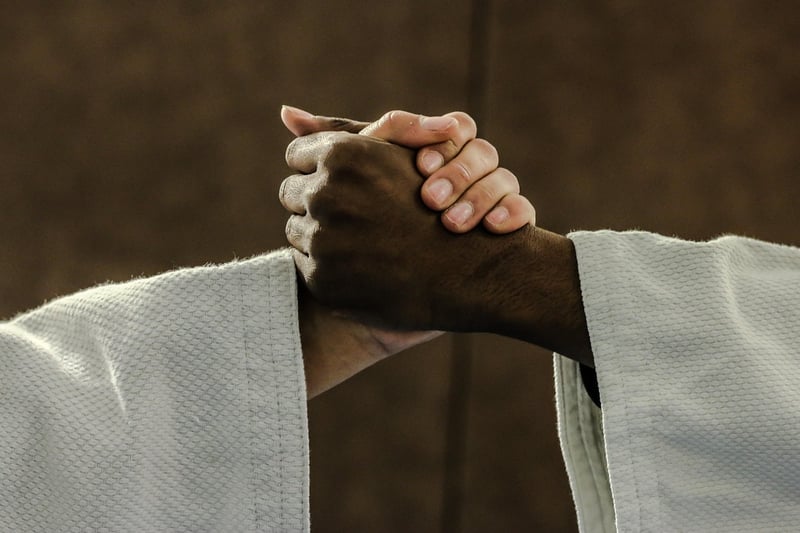Judo
The Art of Judo: Discipline and Self-Defense
Judo, meaning "gentle way," is a modern martial art that emphasizes the principles of discipline, self-control, and self-defense. Developed in Japan by Jigoro Kano in the late 19th century, Judo has evolved into a popular combat sport and an effective form of self-defense practice.
The Importance of Discipline in Judo
Discipline is at the core of Judo practice. Practitioners, known as Judokas, learn to respect their opponents, instructors, and the rules of the art. Through rigorous training and adherence to the principles of Judo, students develop mental fortitude, focus, and perseverance. This discipline extends beyond the dojo and into daily life, promoting a sense of responsibility and honor.
Self-Defense Techniques in Judo
While Judo is a competitive sport, it also equips practitioners with essential self-defense techniques. Judokas learn how to leverage an opponent's strength and use throws, joint locks, and pins to neutralize threats effectively. These techniques empower individuals to defend themselves in real-life situations, emphasizing the importance of quick thinking and strategic movements.
Benefits of Practicing Judo
- Physical Fitness: Judo training improves strength, flexibility, and cardiovascular endurance.
- Self-Confidence: Mastering Judo techniques boosts self-esteem and self-assurance.
- Coordination: Practicing throws and grappling techniques enhances coordination and agility.
- Stress Relief: Engaging in Judo helps reduce stress and increase mental clarity.
Image Gallery


Conclusion
Judo is not just a martial art; it is a way of life that instills discipline, self-control, and self-defense skills. By practicing Judo, individuals can cultivate physical and mental strength while learning valuable techniques to protect themselves and others. Embrace the art of Judo to experience its transformative effects on your mind, body, and spirit.
Join a Judo dojo today and embark on a journey of self-discovery, empowerment, and camaraderie!
